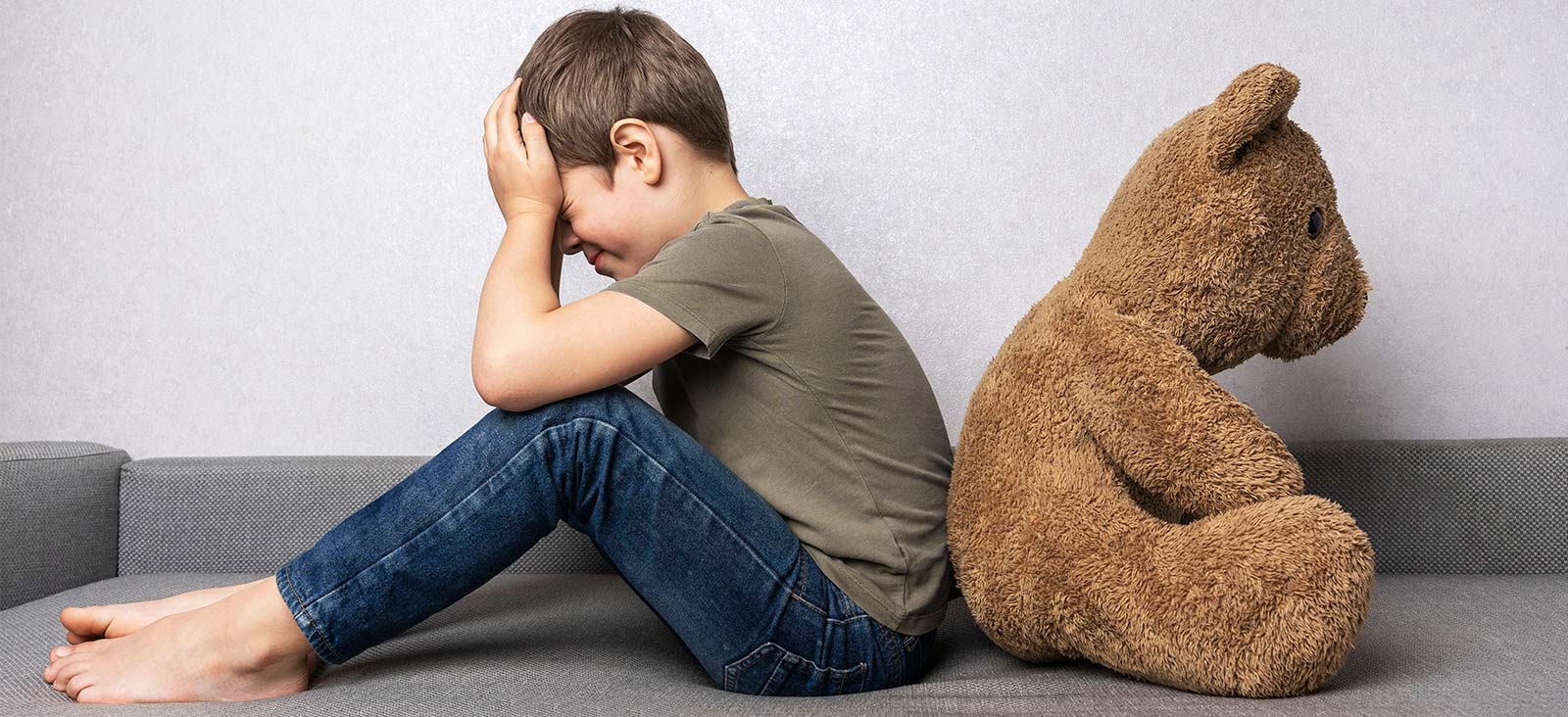BIPOLAR DISORDER
Mania which can last up to three months if untreated, may include symptoms such as elevated levels of energy, reduced need for rest, and severe loss of fully understanding reality.
Depression can include symptoms such as reduced energy, lower motivation than what the child is used to, and little interest in daily activities. Depression could come before or after a manic, hypomanic, or normal period of mood episodes can last days or months at a time and may also be associated with suicidal thoughts.
Bipolar disorder can be classified into: Bipolar I Disorder, Bipolar II Disorder, Cyclothymic Disorder, Rapid Cycling and Mixed Episode.
Bipolar I Disorder: Bipolar I Disorder is given when a child has at least one episode of mania. While a person with Bipolar I might only experience manic episodes, it often includes episodes of Depression and hypomania. Hypomania includes the same symptoms of mania but can be shorter in duration and less severe. They do not include symptoms of psychosis or require hospitalization.
Cyclothymic Disorder: Sometimes called Cyclothymia, this disorder includes episodes of hypomania and depressive symptoms that occur on a fairly regular basis. While changes in mood are not as extreme as those associated with Bipolar I and Bipolar II Disorders, it can still cause serious problems in a child’s life and may later progress to symptoms of mania, hypomania, and Depression.
Rapid Cycling: Rapid cycling is a term used when a child experiences four or more episodes of hypomania, mania, or Depression within a 12-month time period.
Mixed Episode: A mixed episode occurs when a child is experiencing symptoms of both Depression and mania or hypomania at the same time. Children with Bipolar disorders are at an increased risk for suicide, and this risk is thought to be especially high during mixed episodes.

Cognitive Behavioral Therapy (CBT) helps change the negative thinking and behavior associated with Depression. The goal of this therapy is to help your child recognize negative thoughts and to teach coping strategies.
Family-Focused Therapy helps children with Bipolar Disorder learn about the illness and carry out a treatment plan.
Psychotherapy focused on self-care and stress regulation, helps children improve their self-care, recognize patterns of the onset of the symptoms and manage stress.